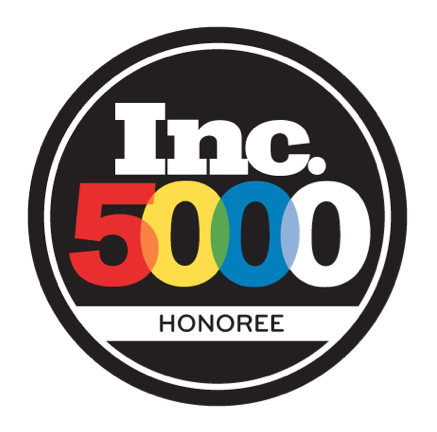Forget smarts. Forget work ethic. Forget connections. If you’re looking to succeed, grit is pretty much the one quality you absolutely need. That’s because life’s a mess and sometimes the best you can do is hang on and persevere. With that in mind, Ellevate Network recently hosted a panel called “Resilience: Tales of True Grit & Bouncing Back.” This group of woman each spoke about obstacles they have overcome in their lives, along with their own definitions of grit. Here are seven of their takeaways on how to crush both our personal and professional life through sheer resilience:


Put yourself out there
Davis-Farage had zero experience with running an indoor electric carting venue. Still, she said that by putting herself out there, she found that her leadership and technology experience actually gave her an edge in the industry.
Ettus also discussed her own ability to brave difficult and unfamiliar situations. After graduating college, she had no connections in media, the industry she wanted to pursue. Instead of giving up or passively applying to jobs, she picked up and moved to the West Coast.
“I moved cross country and started knocking on doors and got into a talent agency through a temp agency,” Ettus told the audience. “And that’s how I landed my first job.”
Don’t be scared of failure
When Ettus enrolled in business school, her fellow classmates did not want her to join their study groups, due to her background in a creative industry (individuals who came from finance and accounting were in demand).
Instead of giving up, she formed a ragtag study group and got through it.
Ettus revealed the secret to her success to the audience:
“Over the years, I’ve always been very unafraid to fail.” 
Remember that life is messy
It never rains, it pours.
Boothe had to face a cancer diagnosis, discharge from the military, and the loss of her house to a natural disaster simultaneously.
As she wrote her first book, Ettus worked through getting shingles, her dad’s bladder cancer diagnosis, and her mother’s stroke, struggle with cancer, and subsequent death.
The panelists agreed that mourning losses and moving on is the healthiest option when dealing with dire circumstances.
“I think first you have to mourn something,” Davis-Farage told the audience. “Then you have to look at the positive.”
Don’t write off bad days
The panelists discussed the futility of “writing off” bad days, weeks, and years.
Ettus said that life is filled with rough moments, but it’s a mistake to put negative labels on large swaths of time.
“There’s no bad days. By saying that, you’re writing off a huge chunk of time,” Ettus told the audience. “You can’t just write off 2016.”
Original article may be found here.







